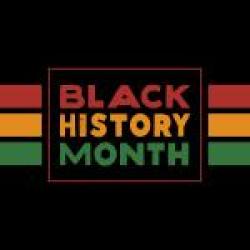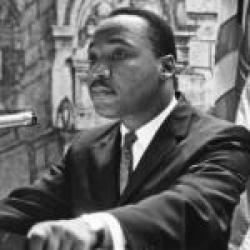The Moral Arc Toward Freedom: Lincoln, King, and the Emancipation Proclamation
This exhibition is the centerpiece of the Office of Cultural Education’s observance of Black History Month 2024. Here, the State Museum, Library, and Archives bring together two remarkable documents: Abraham Lincoln’s 1862 Preliminary Emancipation Proclamation and select pages from a speech Dr. Martin Luther King Jr. delivered in New York City on the occasion of the 100th anniversary of the Preliminary Emancipation Proclamation.
President Lincoln issued two emancipation proclamations—the Preliminary document on September 22, 1862, and a final document one hundred days later. In the first, Lincoln declared that all slaves within rebel territory would be “forever” free unless the Confederate states returned to the Union. Lincoln followed through with his promise, and on New Year’s Day 1863, he signed the final Emancipation Proclamation.
This draft of the Preliminary Emancipation Proclamation in the collections of the New York State Library is written in Lincoln’s own hand and is the only one of its kind to survive. The annotated script of Dr. King’s speech is in the collection of the State Archives.
Black History Month at the NYSM
African American history is New York State history. In recognition of Black History Month, the New York State Museum presents a variety of educational resources and programs about the experiences of Black New Yorkers that we invite you to explore.
Martin Luther King Jr's Address to the New York State Civil War Centennial Commission
Listen to Martin Luther King Jr.'s historic speech commemorating the 100th anniversary of the issuance of Abraham Lincoln’s Preliminary Emancipation Proclamation. View additional information and download educator guides designed to provide strategies and resources for teaching about the Civil Rights movement and Dr. Martin Luther King, Jr.




